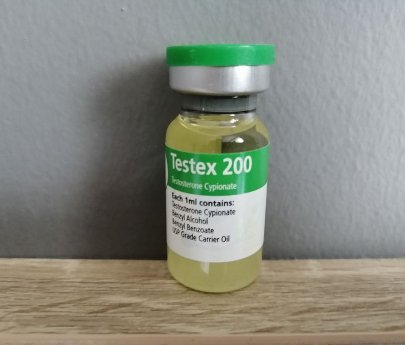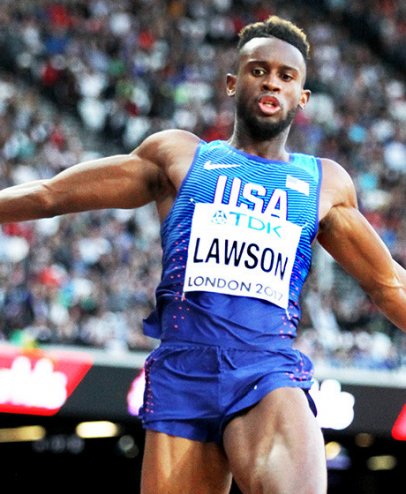Gen Z and Millenial Guys Love Their Steroids
UK Anti-Doping’s new report warns Gen Z and Millenial males against the use of anabolic steroids.
UK Anti-Doping recently released its 2020 status report on image and performance-enhancing drugs (IPEDs) in the United Kingdom. The status report is based on survey research conducted by the UK Active Research.
The UKAD status report emphasized the use of anabolic steroids as “a societal, not just a sport problem”. UKAD presented the IPED issue as a major public health issue that must immediately be addressed by health and government officials.
Gen Z and Millenials use steroids for a “Love Island” body.
The UKAD report identified Gen Z and Millenial males as the most common demographic of steroid users. Young men allegedly want to obtain “Love Island” physiques according to UKAD Chief Executive Officer Nicole Sapstead. (Love Island is a British dating reality television show on ITV2 which frequently features attractive, fit and muscular contestants in various states of undress.)
“Young men are being bombarded with imagery of the ideal sculpted body on social media and through high profile television programmes,” according to Sapstead. “However, not everyone has the motivation or in fact the physiology to achieve this body type through exercise and healthy eating, and some of these individuals may feel that using IPEDs, and steroids in particular, is the only or fastest way to achieve their goal.”
The UKAD status report cited the results of the UK Active Research’s 2016 IPED Survey to show that steroids are a problem that extends far beyond sports competition. The survey found that 56% of respondents used steroids for “improving body image and cosmetic reasons”; 45% for “non-competitive bodybuilding” and only 27% for “enhancing sports performance”.
UKAD was created to investigate and eliminate the use of anabolic steroids and performance-enhancing drugs (PEDs) from elite and sub-elite sports competition. However, its latest report focuses primarily on non-competitive athletes who are using steroids primarily to enhance image and physical appearance.
UKAD maintains that its focus on the recreational and social use of steroids by non-competitive athletes is necessary to pursue an environment of “clean sport”. UKAD most likely sees this as a way to pressure the government to crack down to criminalize personal possession of anabolic steroids.
(Anabolic steroids are classified as Class C controlled drugs under the 1971 Misuse of Drugs Act. It is illegal to manufacture or supply steroids. But the mere possession of steroids is not currently an offense.)
UKAD sees the legality of personal steroid use as a major problem for its “clean sports” agenda. The highlighting of the scope of the steroid “problem” among the general population (and not merely elite athletes) could be an effective strategy for building support for new anti-steroid legislation.
Sources:
UKAD. (January 17, 2020). UKAD warns against IPED use among Gen Z males looking to get a better body in 2020. Retrieved from ukad.org.uk/news/ukad-warns-against-iped-use-among-gen-z-males-looking-get-better-body-2020






